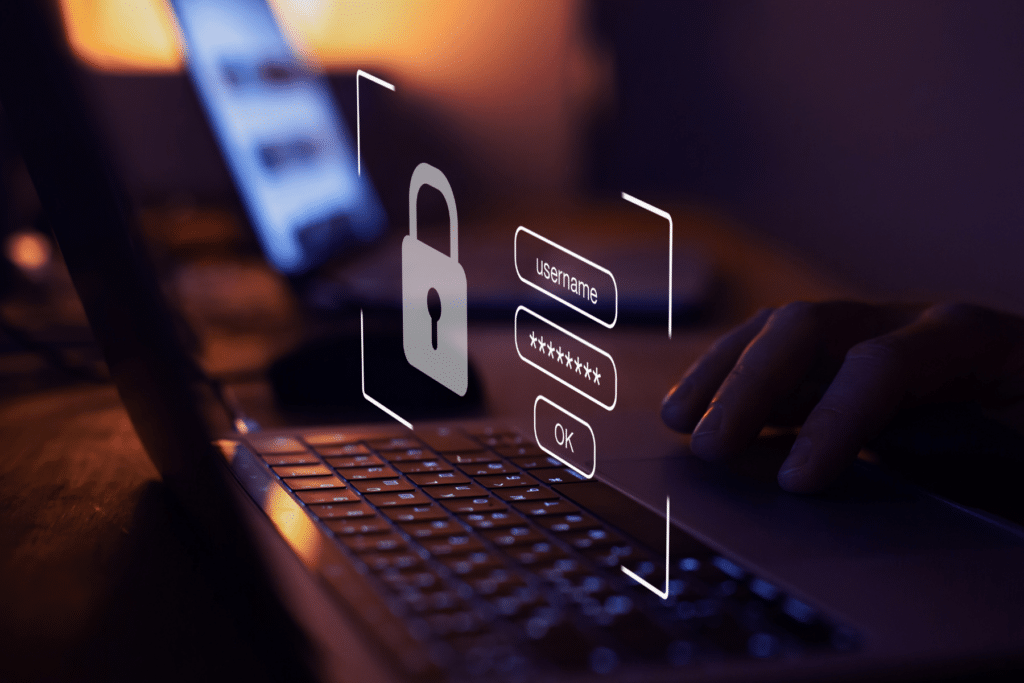Cybersecurity is an indispensable part of our everyday life. One crucial component of cybersecurity is choosing a robust, secure password. Not all passwords are created equal, and understanding the types of passwords that can fortify your online presence is pivotal. Let’s dive into the best types of passwords and how you can make your digital world safer.
- Firstly, ‘Complexity’ is the name of the game. A strong password is a complex password. It should ideally be a combination of uppercase and lowercase letters, numbers, and special characters. This mix makes your password significantly tougher to crack, enhancing your security. Avoid using common words or phrases that are easy to guess, such as ‘password123’ or ‘admin’.
- Secondly, length matters a lot. While it might be easier to remember shorter passwords, they are easier to crack as well. The longer the password, the more secure it tends to be. As a rule of thumb, try to create passwords with at least 12 characters.
- Thirdly, uniqueness is critical. Never reuse the same password across different platforms. Each of your accounts, from email to social media, should have a unique password. This way, if one account gets compromised, the others remain safe.
While creating a complex, lengthy, and unique password can seem like a daunting task, password managers can help. These digital tools generate and store strong, unique passwords for you, making it easier to maintain top-notch online security. Some popular options include Dashlane, LastPass, and 1Password. A well-used password manager is the best way to get ahead of password oriented security issues.
Lastly, a passphrase can often be stronger and easier to remember than a traditional password. A passphrase is a sentence or a set of words used as a password, such as ‘1RainbowUnicornDances@Midnight’. With a greater length and the inclusion of spaces, they are typically more secure and user-friendly. Don’t use that one though.
A strong password should be complex, long, unique, and memorable. Whether you decide to use a traditional password, a passphrase, or a password manager, ensuring your online safety should always be your top priority.
Remember to frequently change your passwords and avoid sharing them. With these tips, you are one step closer to enhancing your online security and protecting your digital assets. Stay safe!
